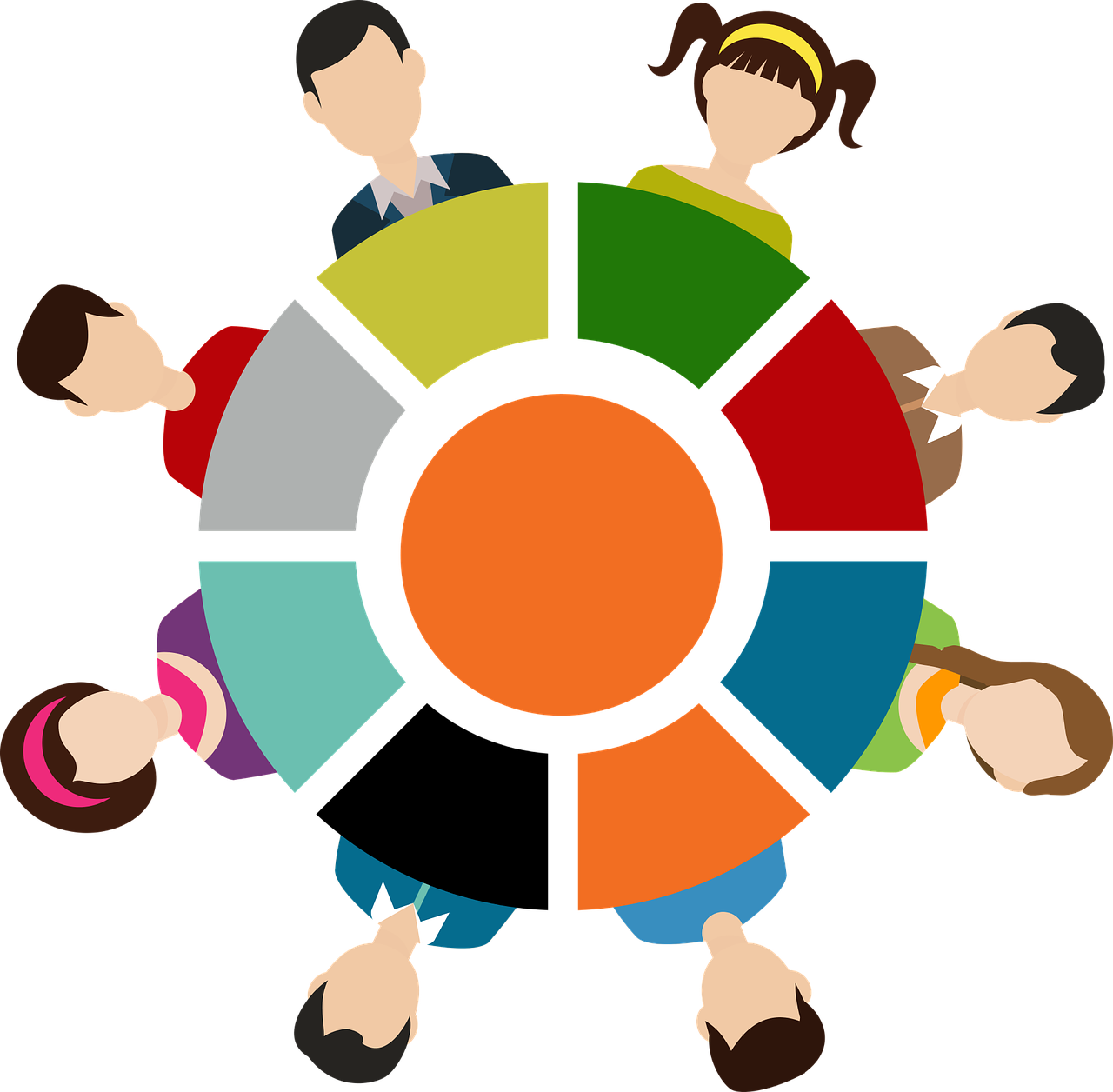Susan is part of a team of four people who have been put together to help their organisation formulate exciting new ideas for product development. The team has been in discussions for four weeks and they haven’t had a single breakthrough. Her team colleagues are Harry, Keith and Jennifer. Susan thinks Harry is extremely boring and talks too much. She finds herself mentally switching off every time he opens his mouth in a team meeting. Keith feels that Jennifer is a light-weight who does not know what she’s talking about and she makes him feel frustrated because she doesn’t express her ideas clearly enough. Jennifer thinks Keith is too pompous and full of himself and she finds him unnecessarily rude and obnoxious. Keith makes it a point to shoot down ideas that are not his own.
Ideally a team meeting should be an occasion for producing ideas, discussing and debating issues and decision making based on the issues discussed. But quite often, the team meeting becomes a battle ground or a venue for ‘show-off’ and one-upmanship. As seen in the example above, the team meeting can become unproductive when the team members compete against each other.
Common Problems that Arise During Team Meetings
- Being overly critical of other’s views or ideas.
- Not activity listening to others. Displaying a lack of patience when another team member is presenting a viewpoint.
- Hogging all the time and attention. Talking too much and not giving others a fair chance to express their views.
- Talking down to others.
- Getting confrontational and losing ones temper.
- Pushy with personal views and unable to appreciate other’s ideas.
- Interpersonal prejudice.
To be productive during a team meeting, each and every team member has to consciously work at it. If one is committed to the team effort, then you have to go that extra mile to get your act right at the team meetings. The team meeting is the point of interaction and is therefore pivotal in effective teamwork. A productive player goes into a meeting hoping to participate, contribute, learn, evaluate issues and ultimately, to deliver definitive results together as a team.
The Key to Becoming a Productive Player at Meetings:
- Objectivity: The focus should be on finding the right approach for the task and choosing the best course of action no matter who the path-breaking idea finally comes from. Prejudices and interpersonal conflict sometimes stand in the way of accepting each other’s viewpoints. You find someone’s manner insufferable and therefore cannot tolerate their ideas as well. It’s like going to a seminar and not taking away anything of value because the presenter’s style did not inspire you. Quite often we get caught up in the persona, the mannerisms, talking style and so on and find it difficult to recognise a good idea. Objectivity also means you have to exercise unbiased judgment. Good judgment is especially necessary at the end of a brain storming session. It involves weeding out the unrealistic ideas and pinpointing the ideas that offer scope for further discussion. Dwelling on unrealistic or irrelevant ideas is a waste of time. The focus should be on rationally evaluating ideas and not worry about who came up with it.
- Tact: Do unto others as you would like them to do unto you. Let’s say you’ve just come up with an idea, and your colleagues don’t think it’s such a good solution for the current task. How would you like to be told? You would want others to behave in an amicable manner and reason with you on why it would not work in the current situation. You wouldn’t want someone to say, ‘That’s a crazy idea’ or ‘Your idea is outlandish!’. Tact is essential during interactions.
- Interaction Capability: The word interaction implies a two-way street. You have to express yourself clearly and you have to learn to listen as well. A good idea that is not articulated properly gets lost in translation from the mind to speech. Similarly, inability to listen also causes a loss of good ideas. Paying attention is an important part of effective interaction. Interaction requires total involvement, it requires participation in dialogue, active listening, exchange of ideas, logically arguing a point, asking the right questions, and convincing others of the viability of an idea.
- Appreciating Diversity: There is a tendency for people of similar interests and backgrounds to flock together in friendships. As they say ‘birds of a feather flock together’. In a team situation, the exact opposite will work well for the team process. In other words, the more the team members are able to draw on the differences, the more effective they would be in solving problems. It makes discussions much more interesting and vibrant. Whether the task is to brainstorm on product development or bring about process improvement, teams need considerable creativity in thinking and approaches. If team members with common views flock together and try to tip the balance in favour of their suggestions, creativity will suffer and will sow the seeds for conflict. Appreciating divergent viewpoints leads to healthy exchange of ideas and increases the chances of finding an innovative approach to the problem.
In conclusion, you have to be conscious of your personal behaviour during team meetings, that’s the crux of being a productive player. Start today by trying to be more objective and rational at meetings, consciously avoid insensitive remarks, interact effectively and learn to accept and welcome diversity.
 Team Building Portal
Team Building Portal